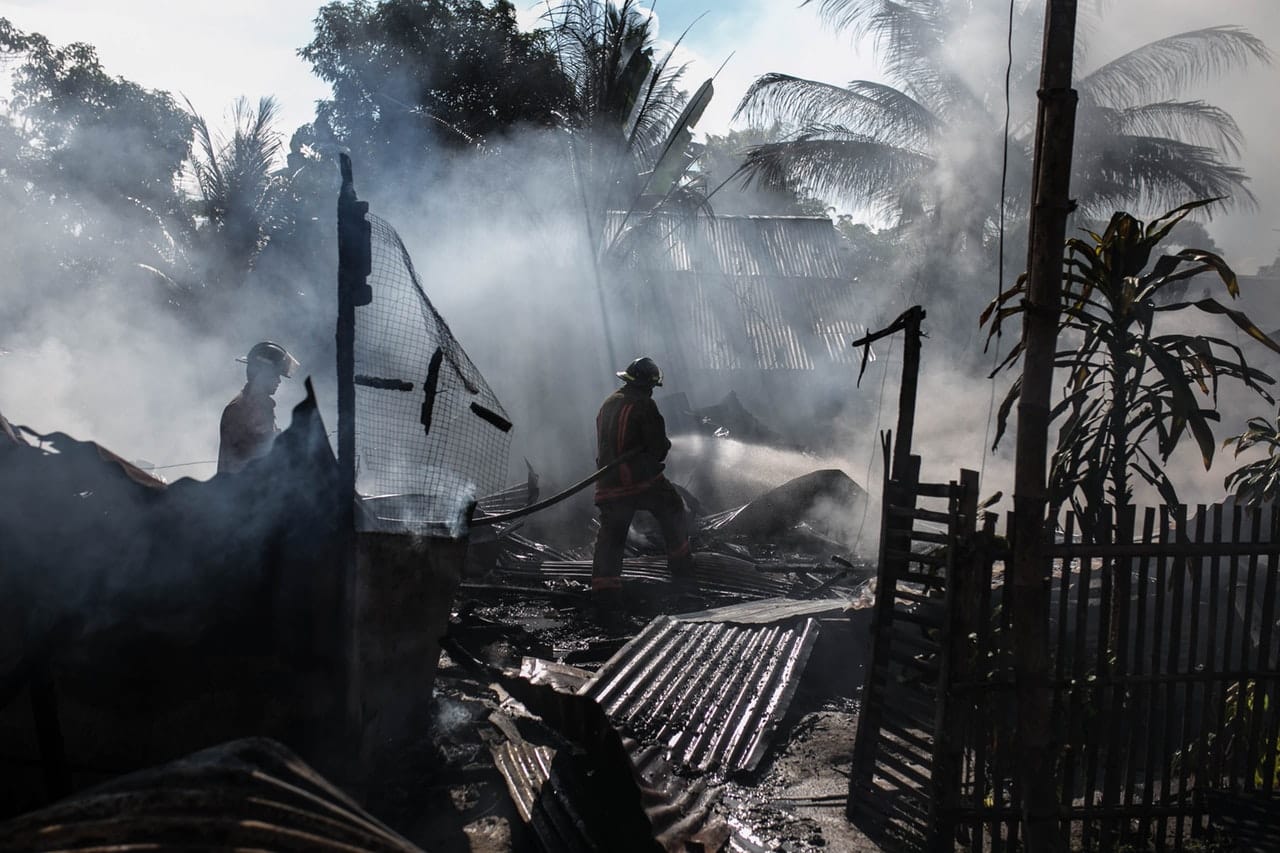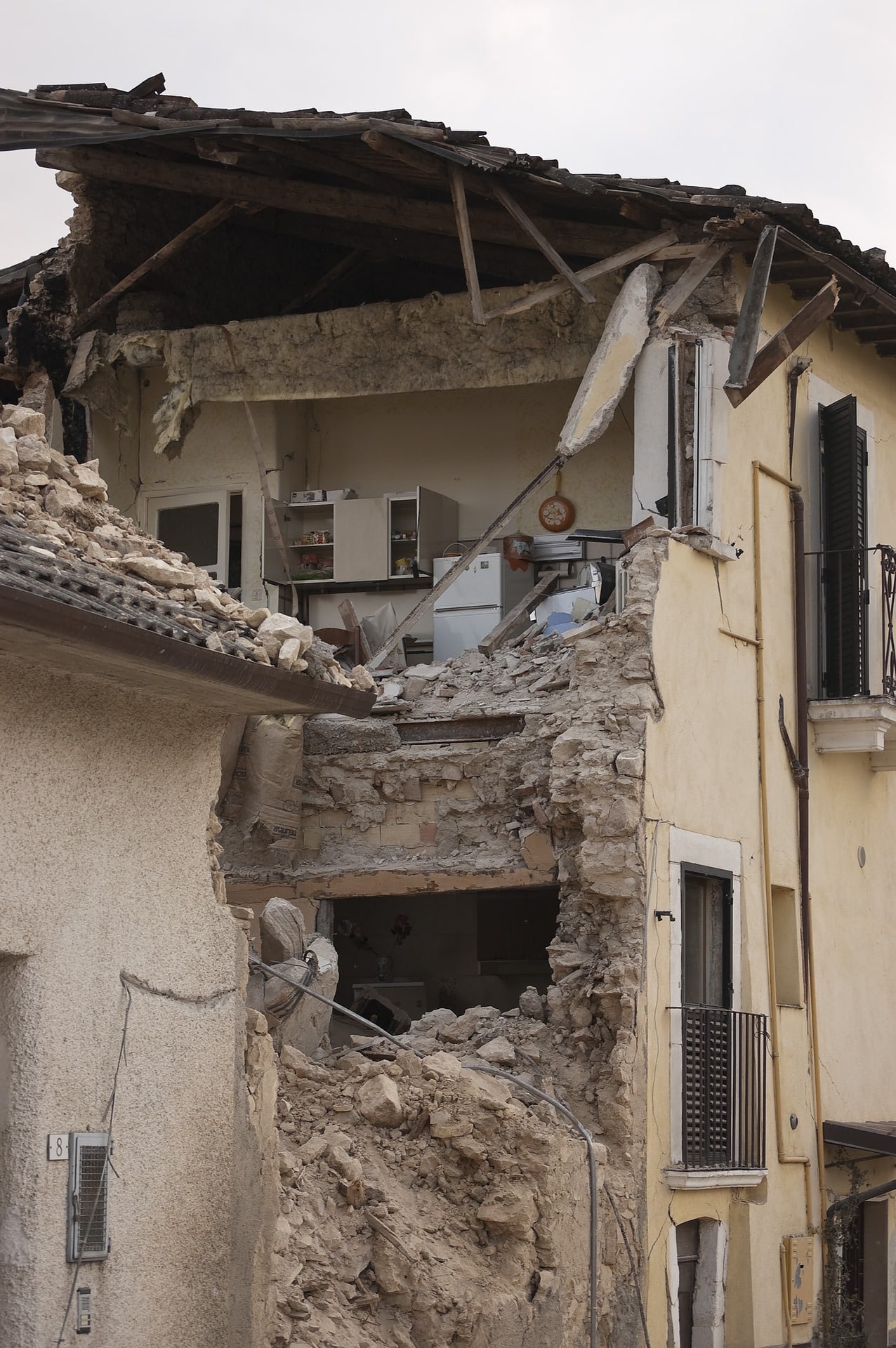Dealing with the effects of a huge disaster can be extremely challenging. Whether it is flood, drought, bushfire, cyclone, or any other traumatic natural disaster, the aftermath can be tough to handle for a lot of those who were affected by it. Extreme stress will most likely follow a natural disaster, which might eventually lead to mental, emotional, and physical exhaustion. It might cause you to be completely burned out.
While some are skilled in coping with stress, others may have a hard time recovering from the negative effects of a huge disaster. If you want to have an easier time coping and recovering from the disaster then you have to arm yourself with information on dealing with its aftermath.
IMAGE: PEXELS
Look For Someone To Talk To
Find someone willing to listen to you right after your traumatic experience. He/she should be someone whom you fully trust. By talking to someone, you can release all your tension and emotions, thereby helping you put everything in perspective. You may also talk to those who had the same traumatic experience as you. This will allow everyone to release their negative feelings while also talking about possible ways to handle your present situation.
Create An Action Plan
It would be tough to return to your regular activities especially if you feel like you lost everything from the natural disaster. This is the reason why you have to try creating an action plan before doing anything. For instance, determine the specific members of the family whom you should assign to do a particular task and when he/she should complete it.
Your action plan should also have a summary of your present financial situation. Talk to your bank so you can lessen the stress associated with your finances. Also, find out what you need to fix at home.
For instance, if the natural disaster caused your community to suffer from power outages then you might want to use your simple portable solar generator if you have one. Your goal is to lessen the causes of your stress one at a time. The good thing about having a plan is that it can encourage you to recover since you will be seeing your progress.
Look For A Place To Stay
You need to find a place that is safe for you to stay in case your home was destroyed or damaged by the natural disaster. You can seek the help of agencies that offer housing assistance to those who lost their homes from unpredictable disasters. You may also want to find Red Cross volunteers as they can assist you in finding shelter during such unfortunate situations.
Stay Informed
Make sure that you are well-informed about the specific disaster that struck your community. Note that depending on the natural disaster, TV and radio stations will report the current situation. You may also access news from the stations’ emergency alert system, which, together with the social media sites of government agencies, can offer relevant information about the things you can do and the specific places where you can safely go.
They will also provide details on how you can contact disaster relief services in your locality. Make sure to avoid traveling after the apocalypse or any other natural disaster if you are not fully updated with the news.
Take Care Of Yourself And Your Health
While it is truly stressful to deal with the aftermath of a huge disaster, this does not necessarily mean you have to neglect yourself and your health. Do not exhaust yourself too much. Also, avoid forcing yourself to do a lot of things all at once. Try to set your priorities and cope at your own pace.
Give yourself plenty of rest, too. Hydrate and try to fill yourself with nutritious foods. Do not forget to wash your hands with clean water and soap, especially if you are exposed to debris and other harsh elements in the environment due to the disaster.
Be Informed About Safety Issues Caused By The Disaster
What you should do is to check the surroundings for any sign that your safety is compromised. These might include contaminated water and buildings, washed-out roads, slippery floors, damaged electrical wiring, broken glasses, and gas leaks. Make sure to let the local authorities know about any safety or health issues you have detected. This will ensure the quick resolution of the issues.
Examine Your Home Carefully Before Going Back Inside
Before entering your home, check whether there are problems in there that might compromise your safety. Examine your home from the outside first. Walk slowly and carefully outside and examine if there are structural damages, gas leaks, and loose power lines.
If you are doubting about whether it is safe to return to your home then look for a structural engineer or building inspector who can expertly inspect your home. Observe for animals, too, like poisonous snakes. Other things to watch out for before getting inside your damaged home are fallen objects and downed electrical wires.
Conclusion
The aftermath of a natural disaster, especially huge ones, can be extremely stressful to deal with. With that in mind, the best thing that you can do is to ask for help anytime you feel like you need it. Avoid trying to cope alone. If possible, release your worries by talking to a trusted friend, relative, or mental health professional. Participating in a support group can also help. The help and support of those around you play a crucial role in rebuilding your life again after a disaster.
If you are interested in even more lifestyle-related articles and information from us here at Bit Rebels, then we have a lot to choose from.


COMMENTS